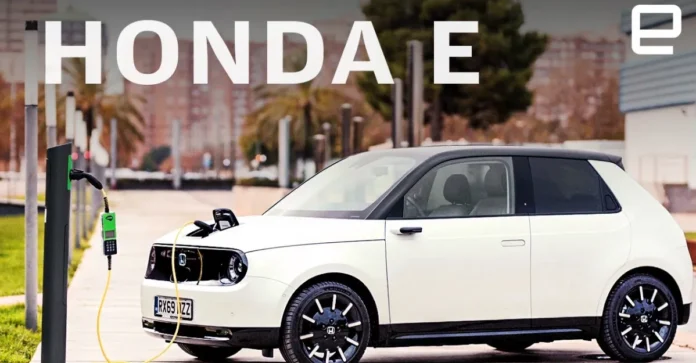Nissan, the Japanese automaker responsible for producing the Leaf and Ariya electric vehicles, is reportedly considering a collaboration with Honda that could lead to the development of a new modular electric axle (e-axle) and a shared electric vehicle (EV) platform. According to Nikkei Asia, sources at Nissan have indicated that the partnership could result in the creation of several affordable EVs capable of competing with their Chinese counterparts.
At present, Honda has two EVs available for sale in the United States, the Honda Prologue and the Acura ZDX, which are built on GM’s Ultium platform. These vehicles were produced as a result of a partnership between Honda and GM, which was expected to continue until at least 2027, resulting in the launch of multiple budget-friendly EVs. However, the partnership was terminated last year, leaving Honda without a clear strategy for producing affordable EVs.
Reports suggest that Nissan and Honda may explore joint battery procurement and vehicle development to reduce the cost of future EVs and make them more competitive with Chinese manufacturers such as BYD, which saw a significant increase in deliveries last year due to its ability to source components like batteries in-house.
Honda has announced plans to launch at least two new EVs starting in 2026, drawing inspiration from its latest futuristic concepts. Meanwhile, Nissan is developing a couple of EVs intended for the US market, which were initially scheduled to go into production next year. However, according to reports, the launch of these EVs has been postponed until 2026 and 2027.
In summary, a potential partnership between Nissan and Honda could result in the development of affordable EVs that can compete with Chinese manufacturers. However, it is important to note that the discussions are still in the early stages, and the final outcome remains uncertain. Nevertheless, such a partnership could be an important step forward for both companies in their efforts to expand their EV offerings and attract a broader customer base.




